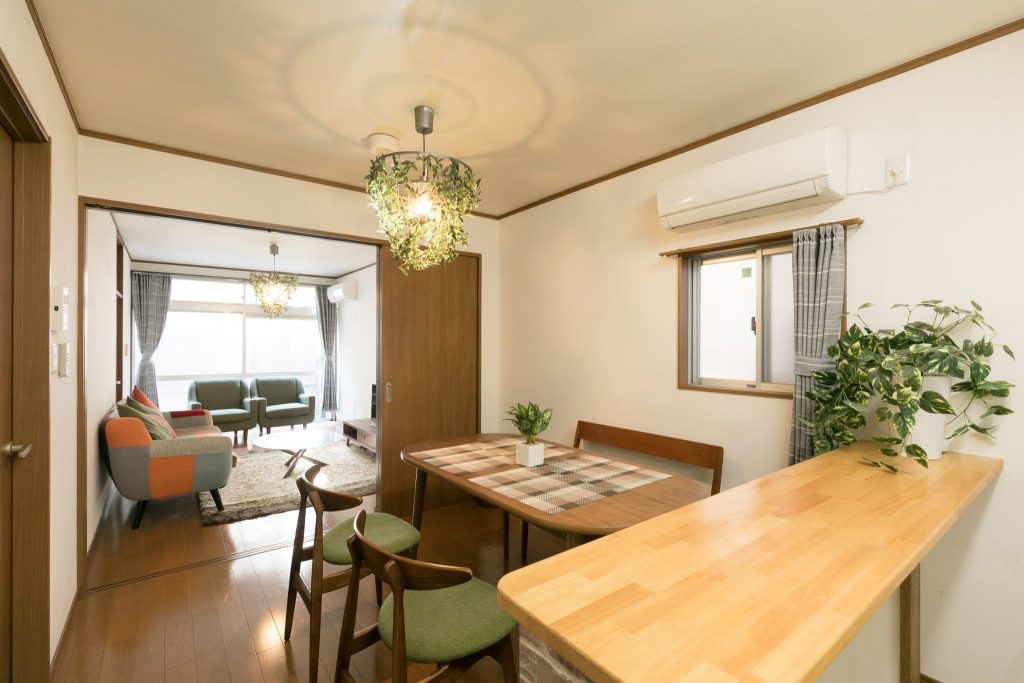Airbnb Will Invest Up to $200 Million in India’s Budget Hotel Chain Oyo

Skift Take
Airbnb has confirmed an investment in Oyo Hotels & Homes’ Series E round, although it would not disclose the amount or terms of investment. A source close to the development, however, affirms the deal is between $100 million and $200 million.
Until this, Oyo had raised $1.7 billion in funding from over 11 rounds, the most recent being $100 million on February 14 from Didi Chuxing.
Greg Greeley, Airbnb’s president of homes, said in a statement, “Emerging markets like India and China are some of Airbnb’s fastest-growing, with our growth increasingly powered by tourism to and from these markets.
“In many of these markets, Oyo is empowering local hospitality entrepreneurs to provide more options to more travelers. We share a dedication to offering people more choices when traveling, and we’re excited to partner with Oyo as we work to make Airbnb for everyone.”
Oyo’s founder Ritesh Agarwal was not available for comment at press time.
See Oyo founder and CEO Ritesh Agarwal at Skift Forum Asia
Neither party would disclose how they would leverage each other and, in fact, may be they don’t even know yet. Skift understands that talks between the two unicorns had been ongoing for only about two to three months, and there was “no visibility” on a lot of areas. It was expected to “take some time” to materialize.
Airbnb said as much in a statement that it was finding ways to work together. “We are exploring the range of ways to work together, including making Oyo accommodations available on the Airbnb platform, but we don’t have more to announce today.”
Oyo had earlier stressed to Skift in an article on March 22 that it works with a range of global distribution partners such as Airbnb and other global and regional players, and that none of these relationships are exclusive in nature.
Deal has Legs
India hospitality consultants say this deal has legs.
“Airbnb has not been very successful in both India and China, have in fact lagged behind compared to what they have managed to do outside these two countries. Oyo has done tremendously well in a very short time span to capture market share and is a big win for Airbnb to show growth before its proposed impending public market offering,” said Manav Thadani, founder chairman of hotel consulting company Hotelivate.
“Another interesting angle is that Oyo is definitely mainstream, and this is where the bulk of the hotel market is for any company looking for growth. Airbnb is currently seen to be playing a role more in the upper segment of the business and has a much higher price point. Therefore, in a way, both will be somewhat complementing each other, rather than competing. For Oyo, it is a customer group that currently does not exist.”
Oyo represents Airbnb’s second push to be “a comprehensive travel marketplace” after its HotelTonight acquisition, which is expected to be completed this June.
Another hotel consultant, Yeishan Goel, CEO of THRS, agrees that the different value propositions of Airbnb and Oyo make them complementary.
Although Oyo has been trying to up the game by launching products in the more premium category, it essentially remains a connectivity and transaction-ability solution to hotels that currently are not being consolidated by anyone else, said Goel.
“The basic operational assurance with Oyo amenities, check in/check out, booking guarantee, as well as the minimum business guarantee, enables them to ramp up aggressively. Against all odds, they’ve clearly done it and the proof is in the pudding.
“Airbnb, on the other hand, remains a solid residential market player with more homes available to rent than anyone else in the world. It also has a superior brand expression where even affluent guests don’t shy away from booking their highest-rate homes so clearly brand weight is apparent,” said Goel.
He noted a few ways how both will leverage each other:
Airbnb will be able to amplify its growing focus on hotel business in India and China. Currently the company has a relatively small presence; reportedly around 5 percent are in China and less than 1 percent are in India, said Goel.
It will further boost Airbnb’s ability to tap business travelers who prefer to stay in hotels and are willing to spend more on travel. In fact, Airbnb has been making some aggressive moves lately to expand its lodging offerings beyond home rentals for tourists, as with its HotelTonight acquisition, he said.
With Airbnb acquiring small French property management startup Luckey Homes, as well as a small stake in The Wing, a startup focused on co-working spaces and social clubs for women, Airbnb is “surely aiming to focus beyond tourists and backpackers.”
The transaction could significantly expand Airbnb's inventory of 45,000 listings in the country. “The investment in Oyo becomes strategic as the company has more than 8,700 buildings and 173,000 rooms [in India alone] under its purview,” Goel said.
Airbnb will also benefit with Oyo’s growing footprint in China. Oyo’s China business, Oyo Jiudian, operates more than 5,000 hotels and 260,000 rooms across 280 cities as of January 2019, he added.
What’s in it for Oyo
“The deal will positively help Oyo to increase infrastructure [and] strengthen technology and internal capability. It will also help the company to expand its existing portfolio of budget to mid-segment hotel chain brands. Airbnb's backing could accelerate Oyo’s global expansion spree. The deal will be a great advantage for Oyo in the U.S. market,” Goel said.
As reported by Skift in February, Oyo has entered the U.S. market by opening an office in Dallas and testing properties in Austin and Dallas.
“Don’t forget that Oyo is already cash rich with all the funding in the recent past, which begets the question, what do they want more than the money? A crown jewel investor, a solid brand partner, global distributor enabling them to breach global boundaries, or will Oyo get seriously bigger in the Indian residential space backed by Airbnb’s platform?”
To Jesper Palmqvist, STR’s Area Director Asia Pacific, a sum of up to $200 million would represent a 2 to 4 percent investment by Airbnb and is “an investment diversification.”
Oyo, on the other hand, has the potential to shift and pivot even more. “It’s still early days, even if they are now indeed sizable around the world,” Palmqvist said.
“I would not expect any radical short-term change within the industry ecosystem or to partners of both these parties, including exclusivity,” he said.




